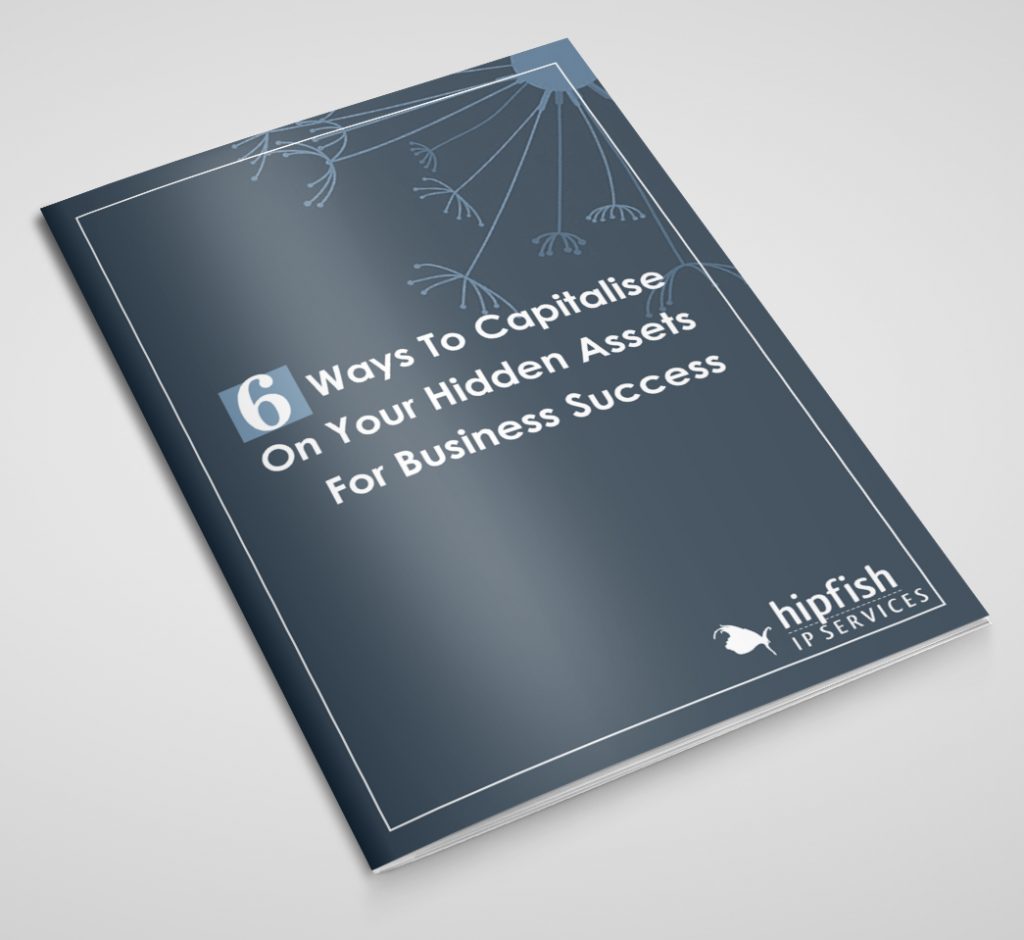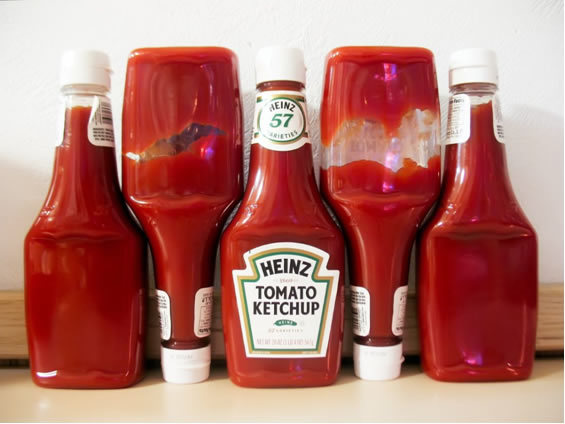The early stages of a start-up business can be a minefield.
Avoid potential battles later on by considering these 3 intellectual property essentials and common misconceptions about them
1.Signed non-disclosure agreements are not always practical
When discussing your confidential information with someone, its preferable you get a signed a non-disclosure agreement. This will make it clear that both parties agreed on what information was confidential and that it is not intended to be disclosed to anyone else.
If the other party then breaks this agreement, the breach will be much easier to enforce.
However, the start-up world isn’t always conducive to such formalities.
Think of ways to draw the other party’s attention to the confidential nature of the information
– there might be terms agreed to electronically if giving an online demonstration of your product
– Or if asking for a signed agreement, (electronically or otherwise) isn’t practical, then make sure that all information physically shown to a third party has a confidential watermark on it and verbally draw the person’s attention to this and make a note of this interaction.
In the absence of a signed agreement, what ultimately needs to be demonstrated is that the recipient should have known that the information disclosed implied a duty on that person to keep it confidential.
Obviosusly, a signed agreement is preferable but if this isn’t realistic commercially, then look at other ways you can draw the person’s attention to this fact.

2. Patents are commonly misunderstood
Patents are often confused with other types of intellectual property. People often don’t realise that to obtain a patent, the idea must be a new and inventive device, substance, method or process. Meeting that inventive step is tough in some cases eg software codes may not meet this step as often as people think.
However, a patent or a design registration will give you a very powerful right to enforce your intellectual property for many years.
Start this process as early on as you can as it can take some time.
3. Trade marks are king
Trade marks can give you the exclusive right to use your brand name or logo in respect of the goods and services you sell.
Registered trade marks carry with them the goodwill and reputation of the business, which becomes more valuable as the business grows.
The best trade marks are memorable, clever or catchy words or distinctive logos.
Avoid descriptive words because its unlikely to obtain registration if it does not distinguish your product or service but merely describes what it is.
Equally, while the word ‘apple’ would not be able to be registered in the class of goods that covers fruit, it was able to be registered for computer products.
Any Questions?






